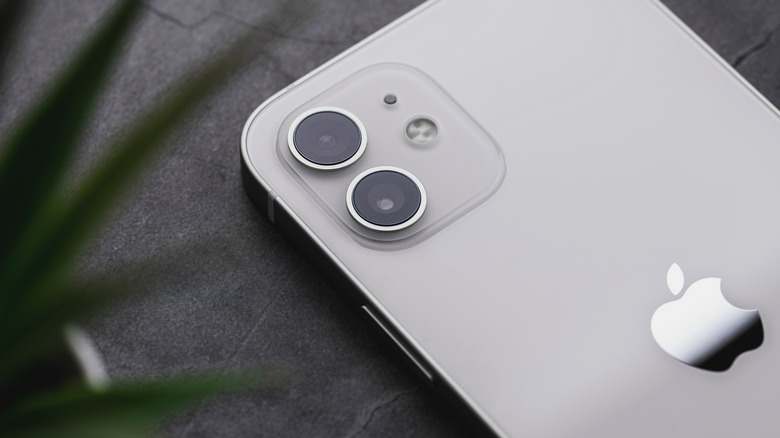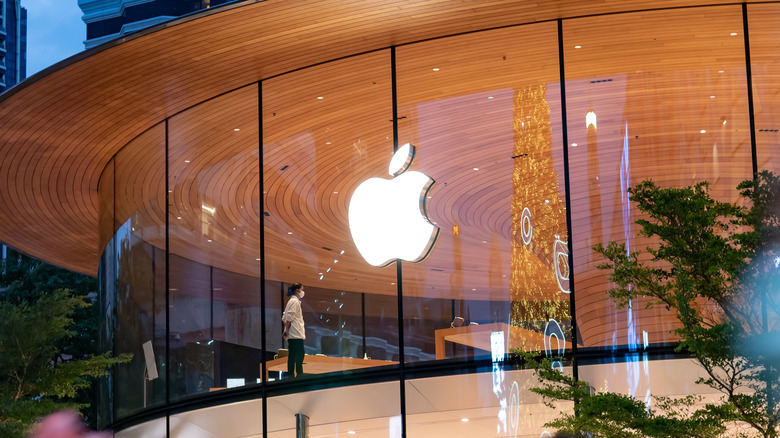Why France Banned This iPhone Over Radiation Concerns
France put a halt on iPhone sales in the country earlier this week and deployed agents of the Agency of National Frequencies to ensure that Apple stores no longer sell the phone. It further warned that if Apple doesn't solve the problem, which pertains to higher-than-acceptable radiation levels, the company might be forced to recall all units sold in the country.
In its official statement, the French agency mentioned that the iPhone 12 sales were being temporarily due to high specific absorption rate (SAR) levels that far exceed the levels deemed safe by the EU. Technically, SAR is a measure of "the rate of radiofrequency energy absorbed by the body from the equipment."
Jean-Noël Barrot, the minister overseeing digital and telecom affairs, told Le Parisien that the company has 15 days to remedy the issue. The minister further warned that if Apple fails to comply, similar disciplinary action could be extended for the entirety of the European market.
In the wake of the incident, authorities in Belgium and Germany also announced that they were looking into the radiation concerns posed by the iPhone 12. According to Politico, the Netherlands also joined the list of countries that were looking into the health risks posed by the iPhone 12 due to SAR levels being higher than the legal limit.
How Apple diffused the situation?
Apple, which makes a great show of its commitment to human health and the environment, quickly jumped to defend its money-making gadget. The company told employees to outright avoid any customer questions related to perceived iPhone 12 health risks and pitch them as safe, reports Bloomberg. Next, the company went on an offensive against the regulatory protocols that measure and specify SAR-related safety guidelines for phones.
"This is related to a specific testing protocol used by French regulators and not a safety concern," an Apple spokesperson was quoted as saying by Reuters. The company further added that all its phones, including the iPhone 12, have passed the applicable SAR regulations and standards globally.
In accordance with the suggestion of the aforementioned French minister, Apple said it would release a software update that would accommodate the iPhone 12 for the protocols put in place by French regulatory bodies, reports EuroNews. The tussle likely happened because France tweaked its SAR testing protocols in 2020, the same year that Apple launched the iPhone 12.
For reference, the FCC has set the upper limit of 1.6 W/kg for smartphone SAR, while the EU allows up to 2 W/kg. In the case of the iPhone 12, Apple simply had to tweak its software so that it could take into account the changes made to the test protocols and establish the phone's radiation safety.

